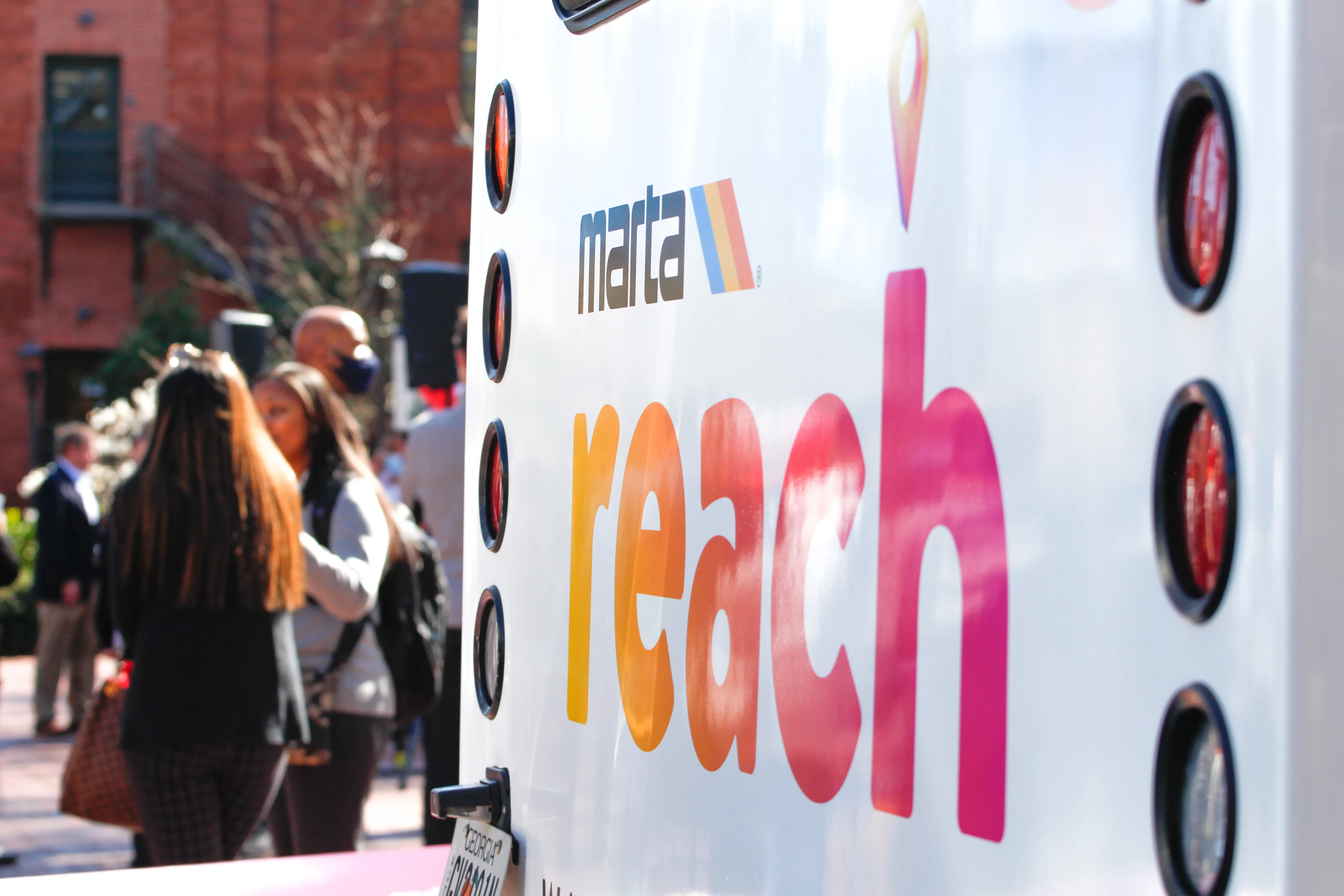Allgemeiner Deutscher Automobil-Club (ADAC) and Door2door (D2D) have launched an on-demand shuttle service for residents in Berlin with the intention solving last-mile issues for commuters, minimising urban congestion and improving air quality in the city. The free service comprises 25 shuttles and will run for three months.
Called allygator shuttle, it uses D2D's mobility platform and algorithms to calculate the most efficient ride pooling configurations and efficient routes for passengers to reach their destinations.
D2D's technologies and data analysis capabilities will be used to help ADAC understand mobility patterns and identify existing gaps in existing transportation.
Ramona Pop, mayor and senator for economy, has welcomed the service and highlighted ride-sharing as attractive due to its seamless integration with mass transit networks, adding that the city aims to take a leading role in the modern mobility movement.
Alexander Möller, managing director of ADAC eV, said: “ADAC is one of the leading automobile clubs in Europe. We see great value in learning from partnerships such as the one with door2door. It is important that we gain experience regarding how new mobility services work in urban environments, how user behaviour develops, and what leads to improved individual mobility for the younger generation. We are facing complex mobility issues and challenges - including emissions, traffic congestion and even managing parking spaces - and it is up to us to create intelligent solutions.”
ADAC and Door2Door launch Berlin shuttle service
Allgemeiner Deutscher Automobil-Club (ADAC) and Door2door (D2D) have launched an on-demand shuttle service for residents in Berlin with the intention solving last-mile issues for commuters, minimising urban congestion and improving air quality in the city. The free service comprises 25 shuttles and will run for three months. Called allygator shuttle, it uses D2D's mobility platform and algorithms to calculate the most efficient ride pooling configurations and efficient routes for passengers to reach their
February 5, 2018
Read time: 2 mins










